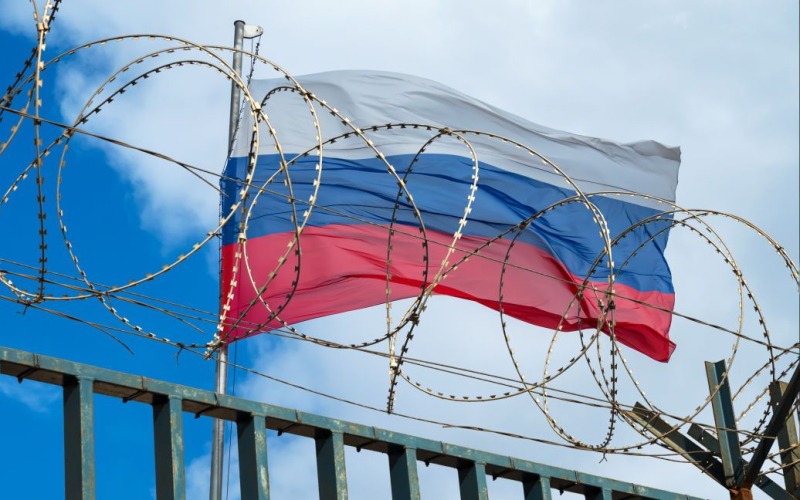
The Kremlin says the agreement no longer meets the country's interests.
The aggressor country of the Russian Federation on Tuesday, November 7, finally withdrew from the Treaty on Conventional Armed Forces in Europe. At the same time, Moscow announced the termination of this document back in 2007.
As reported on the website of the country's Ministry of Foreign Affairs, the Russian Federation received both positive and negative consequences of participation in this agreement.
In particular, Moscow says that the CFE Treaty was concluded at the end of the Cold War, a period when many other major agreements on key issues of disarmament and arms control appeared.
“Not all of them have stood the test of time, but at that stage they played a certain stabilizing role,” the Kremlin believes.
They recognized that the CFE Treaty provided the Russian Federation with material security guarantees for some time.
“For example, it made it possible to make the process of reductions not unilateral, but mutual, by involving NATO countries, primarily Germany, in it; the total potential of the then members of the alliance was to a certain extent limited and brought under control,” the diplomats explained.
However, according to them, the agreement over time ceased to meet Russia’s interests. They say that the United States launched the process of NATO expansion, and the countries of the military bloc “began to openly circumvent the group restrictions of the treaty.”
Moscow traditionally blamed the West for everything. As the Foreign Ministry noted, Western countries “overestimated the possibilities of influencing Russia and the degree of our interest in the treaty.”
Let us recall that the Russian occupation forces have recently begun to more often use guided aerial bombs (KAB) for attacks on peaceful cities of Ukraine and military positions of the Ukrainian Armed Forces.
Related topics:
More news

